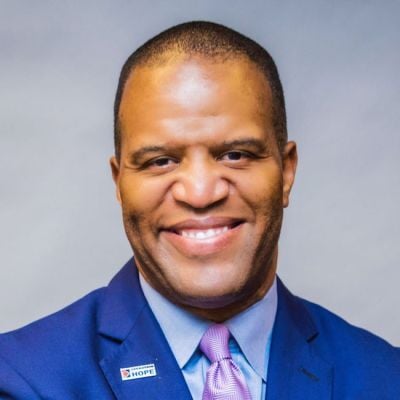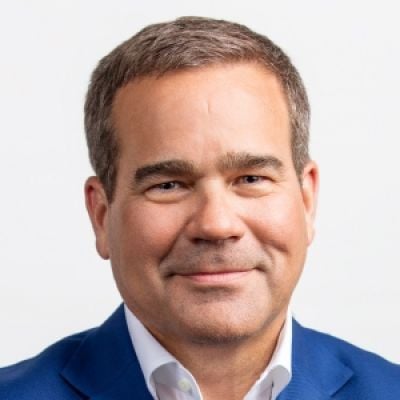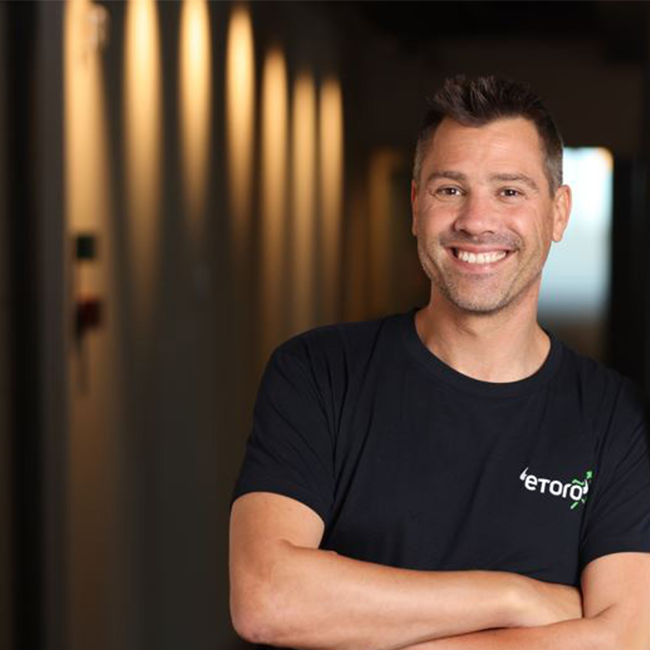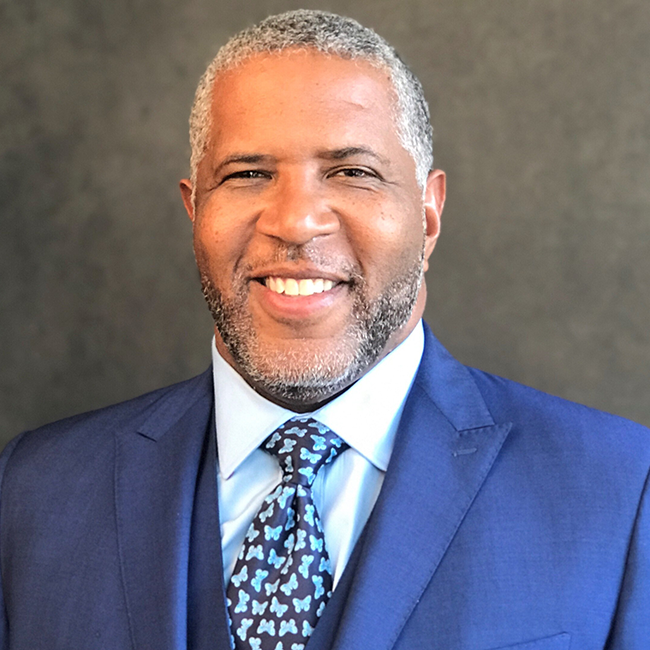
Every entrepreneur needs supportive conditions to flourish. What is missing for the Black entrepreneur is a network with fundamental aspirations to close the US Black-White wealth gap. A supportive infrastructure is needed to start, grow, and expand operations toward the realization of the proverbial dream of business ownership.
It is my belief that when diversity, equity, and inclusion are minimized to mere buzz words, the job of nurturing diverse, equitable, and inclusive programs falls short post policy adoption. This is why more than 40 percent of Black-owned businesses closed during the pandemic, and why budding hopes were shattered for over 400,000 businesses nationwide, affecting more than 1 million lives.
Equity cannot exist without a level playing field for economic opportunity. Growth in the Black business community means a better world for generations of Black children. The Black American challenge is psychological and cultural as much as it is economic. Around the world, we see wealth creation as a path that does well when building blocks are present.
An integrated approach will support prosperous opportunities that result in quantifiable impact.
To leverage the Black entrepreneurial spirit, 22nd Century technical assistance practitioners must aim to provide missing infrastructural support uniquely tailored to what the Black entrepreneur faces when forming, building, and scaling their businesses. This is the catalyst for a pipeline of ideas to improve mobility of Black families, communities, and individuals. We must believe there is room for shared prosperity!
Creating innovative opportunities is the nucleus of any healthy culture. It breaks through the invisible, yet rigid, curtain of poverty. Innovation generates prosperity for overlooked markets faster, and more reliably, than traditional diversity and equity models. This holistic philosophy can give Black creatives and founders tools that lead to new beliefs, filling the gap between self-awareness and results yielded.
Take Charlotta Carter, a Black female business owner, whose family history led to a passion for helping people manage diabetes, without incurring the associated excessive cost of daily insulin. You see, Charlotta’s grandmother and aunt both died from complications of diabetes, so she had to do something when she too was diagnosed.
Two and a half years ago, she launched LLENA(AI). However, it wasn’t until she learned to access much needed resources unbeknownst to her, like legal and financial consultation, mentoring, networking, and understanding business terminology, that she elevated a solid short- and long-term business plan so she could move her business forward.
She received financial support through fundraising resources to survive the challenges of the pandemic. And the best part was the creation of a commercial that Amazon ran in its spring launch of Alexa and Echo, with subsequent press releases onboarding Walmart so underserved customers could personalize their nutrition. LLENA(AI)’s technology helped Southern University (a historically Black college and university) secure a $1.7 million grant for a food desert and food insecurity project.
These are all simple steps that can be taken for granted for the privileged business startup because information and resources are within reach, as a known entity. But for Charlotta, it was a game changer. This is why we love sharing her story because she could have taken the average two to three years, from inception to success.
I say again: There can be no real equity without a level playing field for economic opportunity. This is why a grassroots approach is paramount to advancing access to advisory services, business training, industry experts, networking, fundraising, debt and equity capital, mentorship, financial planning services, and cognitive behavioral therapy tools to assist those on the journey of mental health from the impacts of trauma and depression from this country’s inception.
At the core, technical assistance practitioners must employ a holistic perspective to build solutions for more tangible business outcomes. The public, private, and social sectors can implement interventions to evaluate current business ecosystems and rebuild them to be equitable and more supportive for Black business owners, but with the efficacy of interventions to impact Black culture and community well-being.
An integrated approach will support prosperous opportunities that result in quantifiable impact. Providing a healthier socioeconomic ecosystem to not only impact Black entrepreneurs, but all underserved BIPOC businesses and communities they serve to move the needle toward a hopeful Black society eager for their chance to share in the American Dream!























